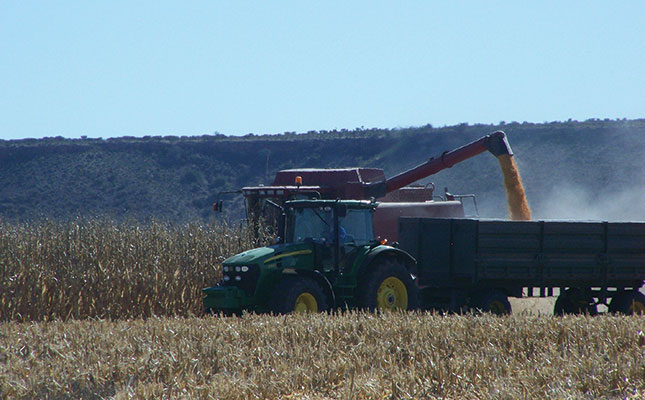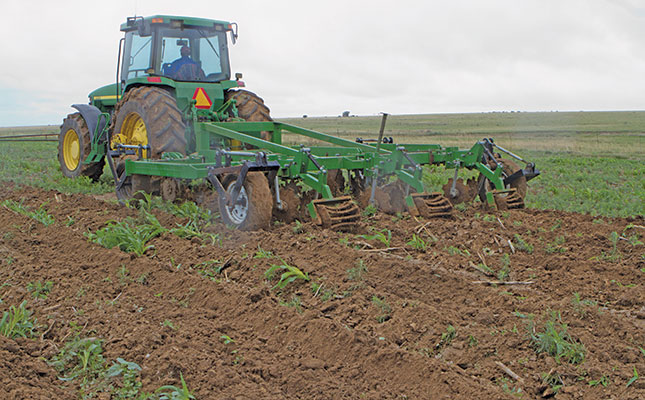
“The government should stop its infighting and start doing its work, because right now it’s not acting in the interests of agricultural investors or the poor,” he told Farmer’s Weekly.
Schutte was reacting to the latest Agbiz/IDC Agribusiness Confidence Index (ACI), which dropped below the neutral 50-point mark in the fourth quarter of 2022.
The ACI was published in the same week that Statistics South Africa’s Quarterly Labour Force Survey revealed that the unemployment rate had barely budged in the third quarter.
The survey showed that the unemployment rate had decreased by one percentage point from 34% in the second quarter to 33% in the quarter to September.
Both reports were published amid speculation that President Cyril Ramaphosa would resign after a parliamentary report stated that he might have breached his oath of office in relation to a large sum allegedly stolen during a burglary at his Phala Phala game farm.
Wandile Sihlobo, chief economist of Agbiz, said at a media briefing that it was too early to comment on the political future of the country. However, he expressed concern that the ACI had fallen below the 50-point mark for the first time since the second quarter of 2020, when the economy was suffering the effects of COVID-19 pandemic lockdowns.
The drop implied that agribusinesses were slightly downbeat about business conditions in South Africa, Schutte said.
“Persistent episodes of load-shedding, higher input costs, rising protectionism in some export markets, animal disease outbreaks, rising interest rates, intensified geopolitical tensions that disrupted supply chains, and ongoing weaknesses in municipal service delivery and network industries were the […] primary concerns cited by survey respondents,” Sihlobo said.
“This sentiment is not yet reflected in agribusinesses’ balance sheets, but we’ll continue to monitor the situation closely over the next two quarters.”
The ACI, which was conducted during the last two weeks of November, covered businesses operating in all agriculture subsectors across South Africa.
Sihlobo also expressed concern over the economy’s relatively low growth rate, predicting a 2% year-on-year increase for the following two years.
“This doesn’t bode well for a country whose economy is defined by three things: a high unemployment rate, low job creation and massive inequality.”
Schutte said that poor service delivery by government was having a direct impact on Astral’s ability to sustain current production levels and hampered future expansion and job creation.
“Government’s job is to create infrastructure: water, electricity, roads, railways and ports. Not one of these currently works in South Africa and it’s government’s fault,” he said.
He added that Astral needed to reduce its output by 350 000 broilers a week due to infrastructure failings.
Over the next two years Astral would be forced to invest R220 million in infrastructure that should have been maintained by government.
“These funds were originally earmarked for expansion, which would have led to job creation. Now it could lead to job losses.”
He said that Astral also had to transport 75% of its feed on roads, as the railway system did not function properly.
“Diesel prices have skyrocketed, which has doubled our feed prices, and we’ll be forced to pass this cost on to consumers, which will lead to higher food prices.”
Schutte added that if government supplied functional infrastructure, business would be enabled to create jobs and food security.











